The Crankcase Ventilation (PCV) Valve is a crucial component in an internal combustion engine’s ventilation system. It helps maintain optimal engine performance and reduces harmful emissions. Here’s an overview of its key features, functions, and benefits:
Key Features:
- Functionality:
- Regulates the flow of gases from the crankcase back into the intake manifold, helping to prevent excessive pressure buildup.
- Design:
- Typically a one-way valve that opens and closes based on engine conditions, allowing for controlled airflow.
- Materials:
- Made from durable materials to withstand high temperatures and exposure to oil and fuel vapors.
- Integration:
- Usually part of the engine’s Positive Crankcase Ventilation (PCV) system, which may include hoses, filters, and connectors.
Functions:
- Emission Control:
- Helps reduce harmful hydrocarbon emissions by rerouting unburned fuel vapors from the crankcase back into the combustion chamber.
- Pressure Regulation:
- Prevents crankcase pressure buildup, which can lead to oil leaks and other engine issues.
- Oil Aeration Reduction:
- Minimizes the formation of oil aeration (bubbles) that can negatively impact lubrication and engine performance.
- Engine Longevity:
- By reducing pressure and preventing harmful gases from accumulating, the PCV valve contributes to the overall longevity of the engine.
Benefits:
- Improved Engine Efficiency: By recirculating gases, it enhances combustion efficiency, leading to better fuel economy and performance.
- Reduced Emissions: Helps meet environmental standards by reducing the release of harmful gases into the atmosphere.
- Engine Protection: Maintains optimal crankcase pressure, preventing damage to seals and gaskets and reducing the likelihood of oil leaks.
Maintenance:
- Regular Inspection: It’s advisable to check the PCV valve during routine maintenance to ensure it is functioning correctly.
- Signs of Failure: A faulty PCV valve can lead to rough idling, increased oil consumption, decreased fuel efficiency, and a check engine light. If these symptoms occur, the valve may need to be replaced.
Replacement:
- Easy to Replace: Typically, the PCV valve is relatively easy to access and replace, making it a common maintenance item in many vehicles.
Applications:
- Passenger Vehicles: Commonly found in cars and light trucks with internal combustion engines.
- Heavy-Duty Vehicles: Also used in larger trucks and diesel engines to manage crankcase ventilation effectively.

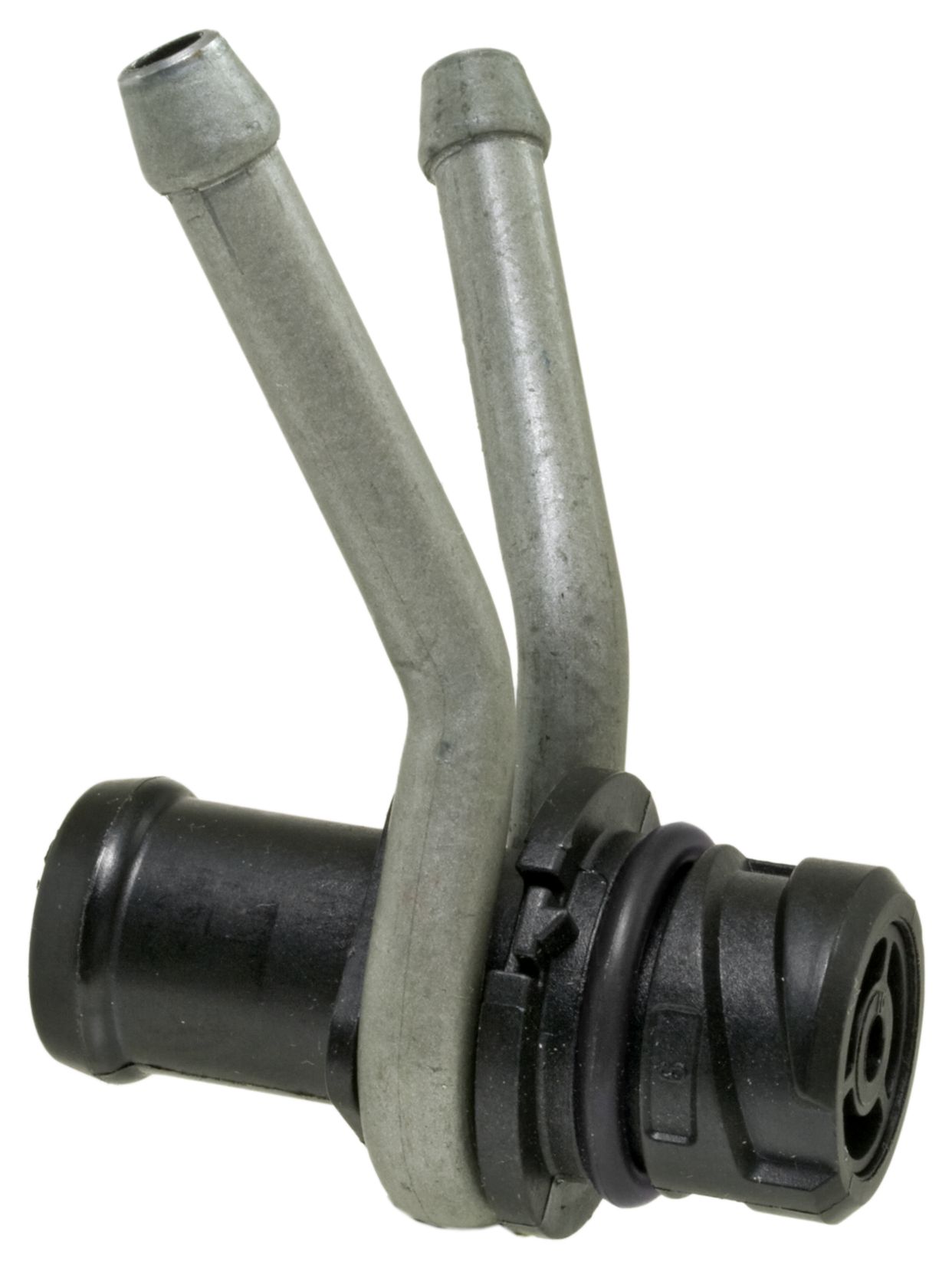
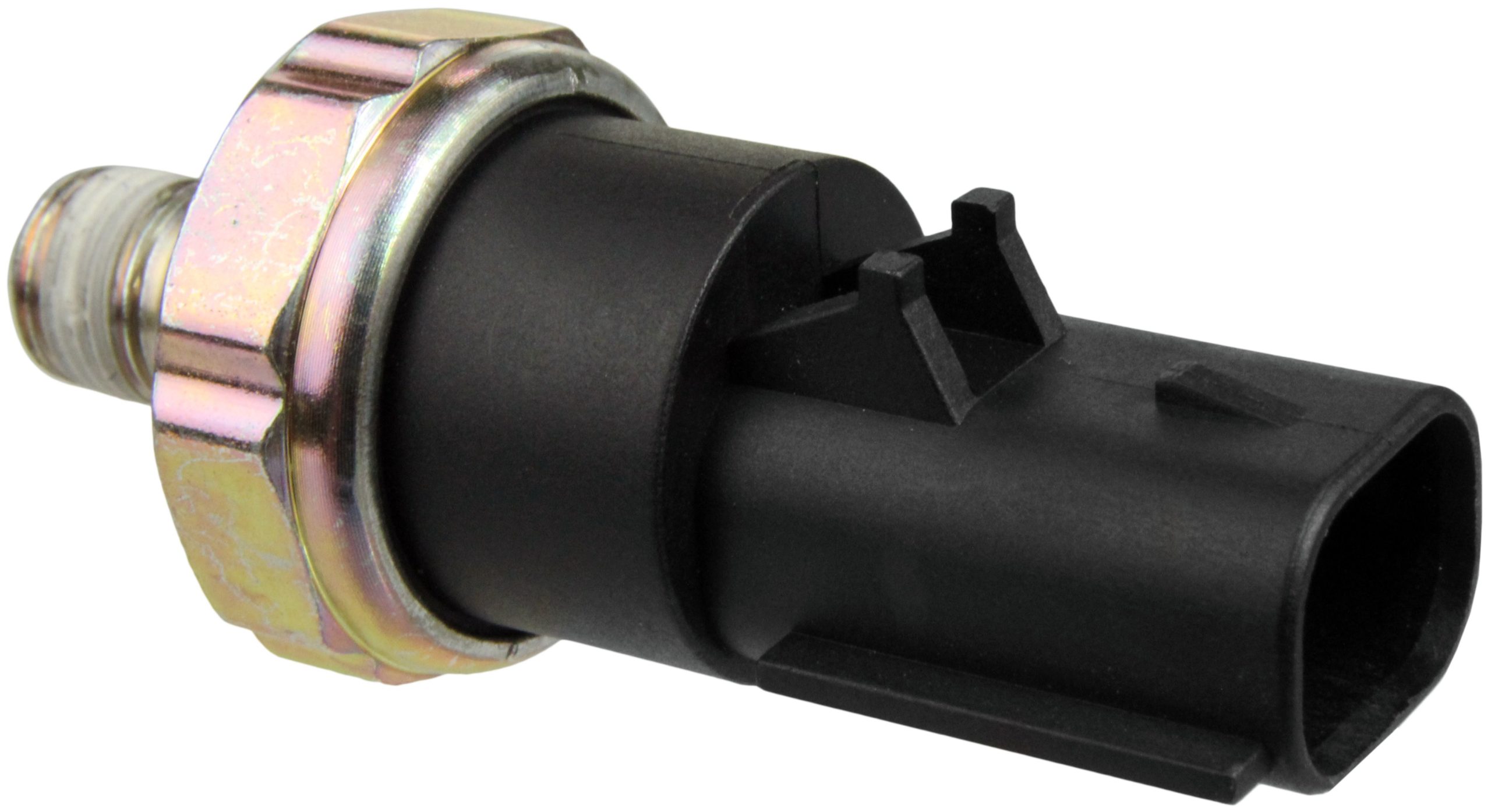
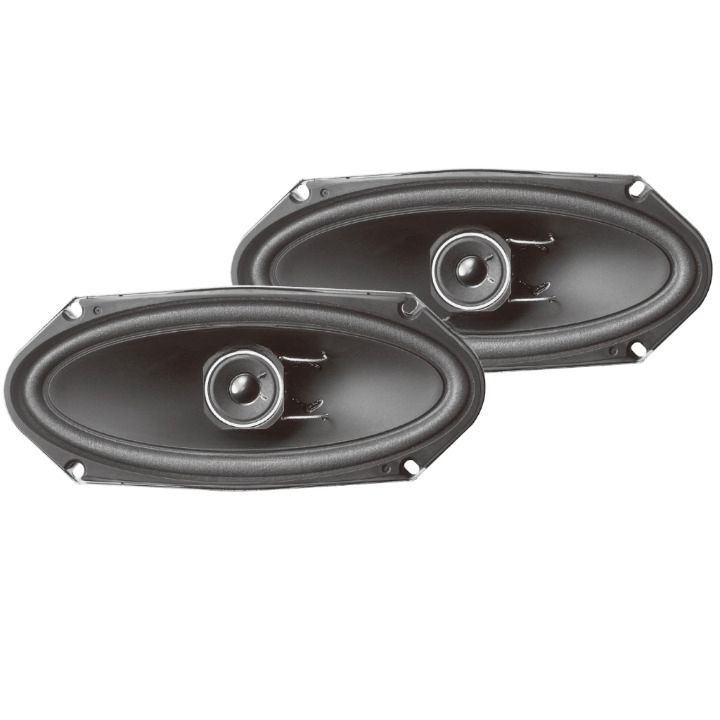
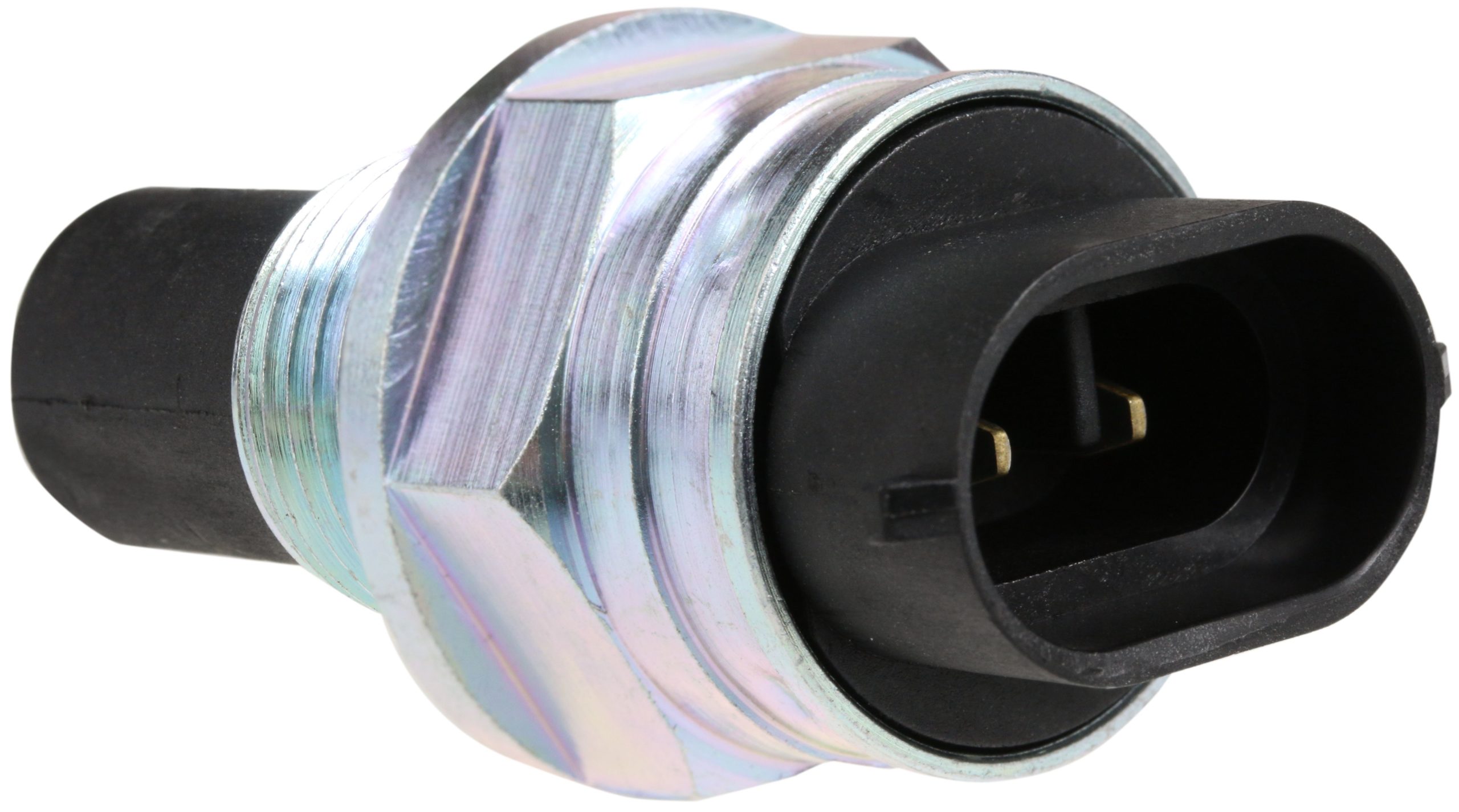

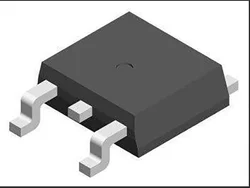
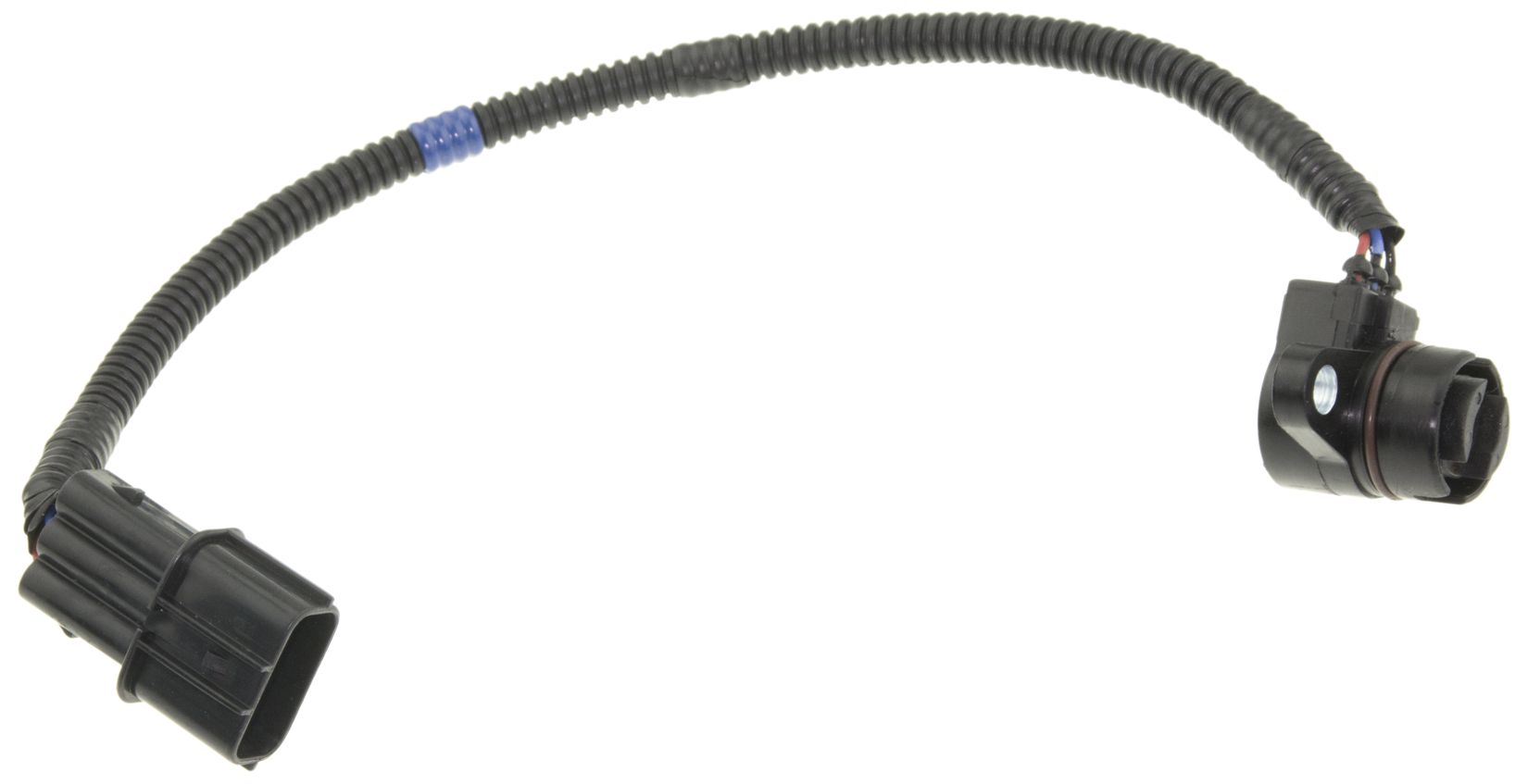
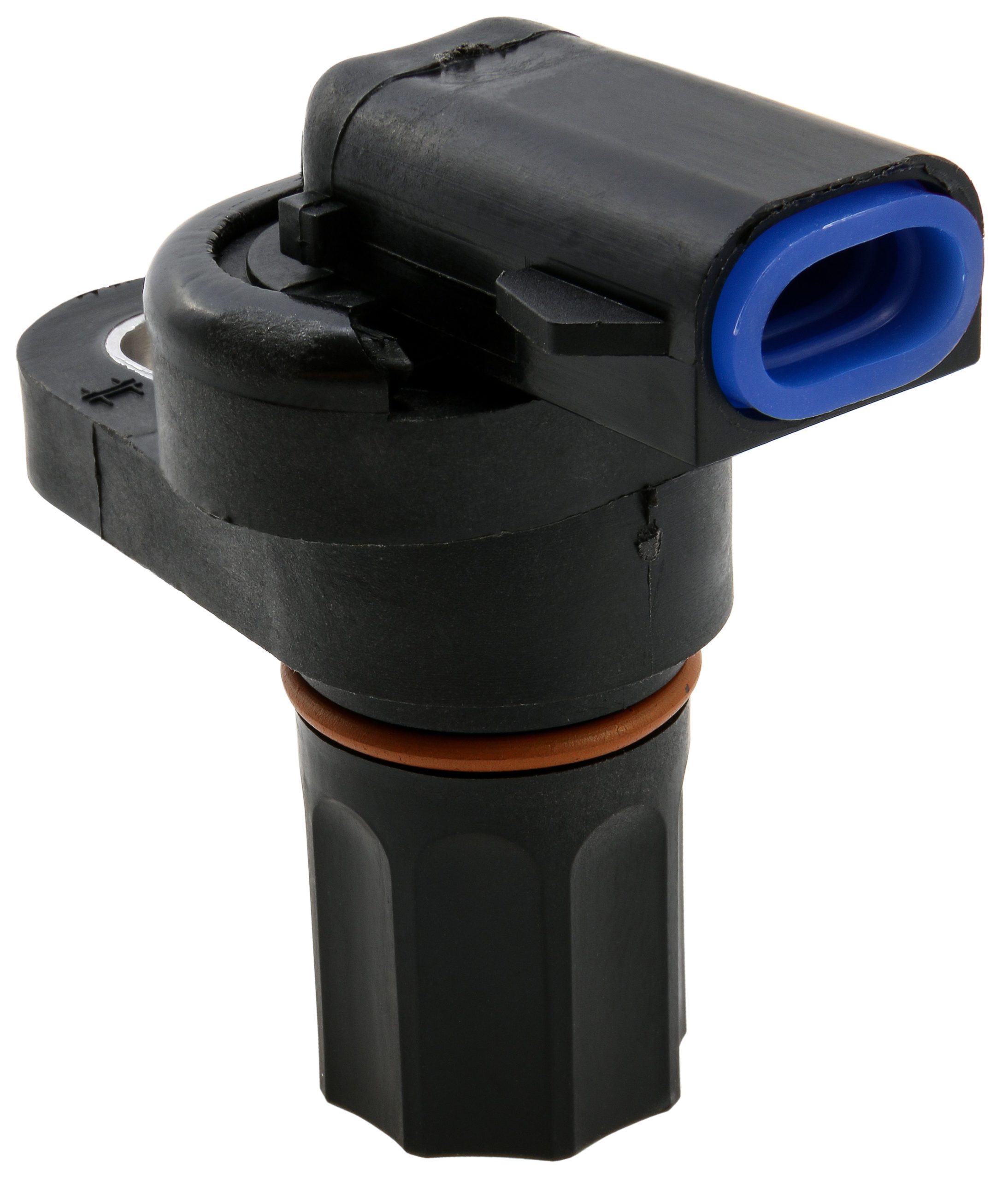
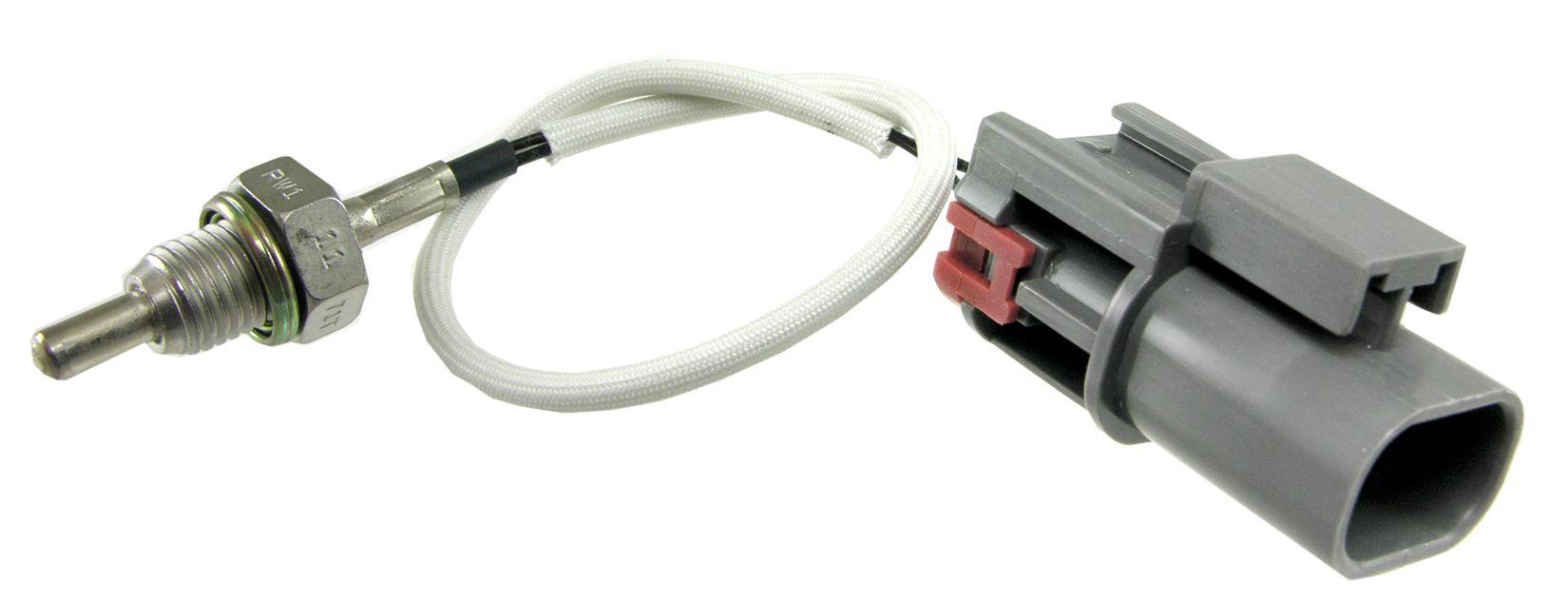
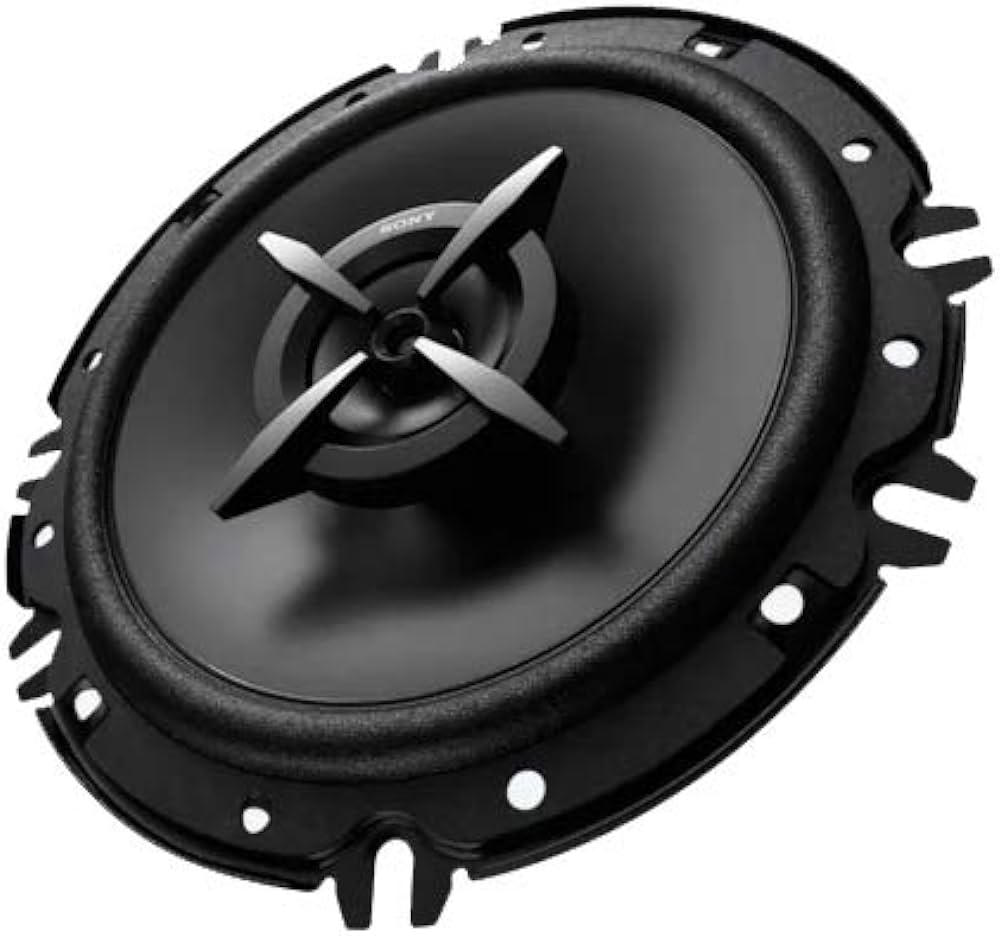
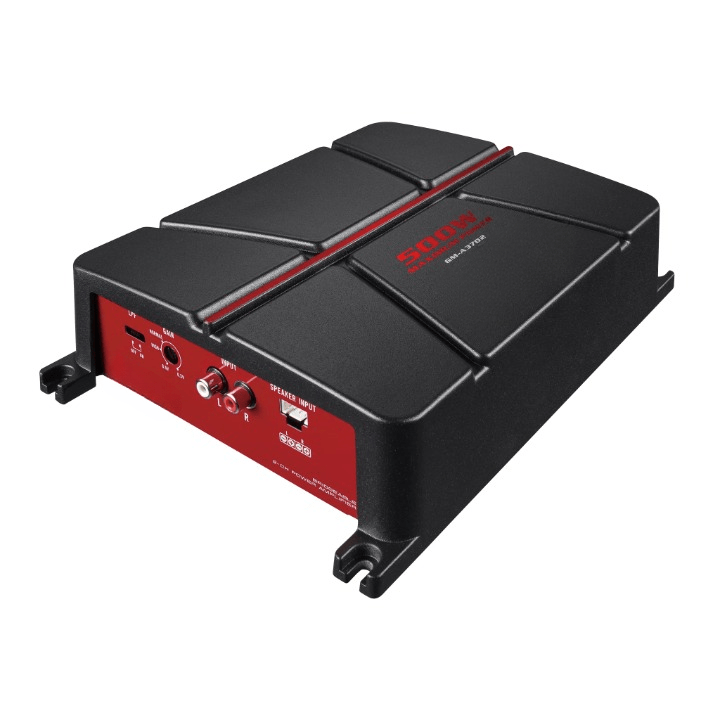

There are no reviews yet.